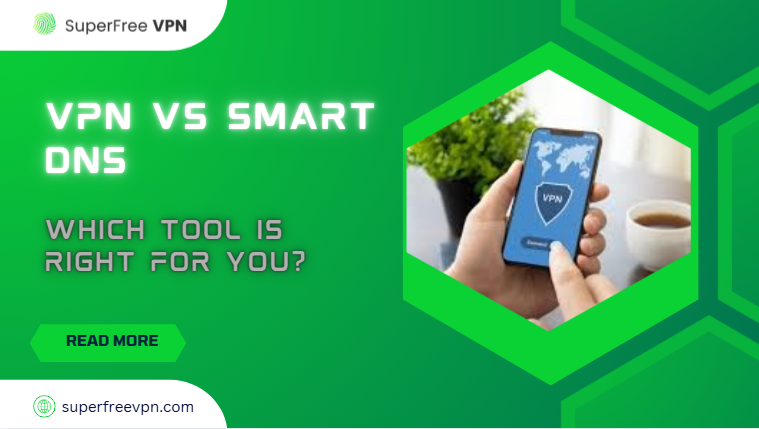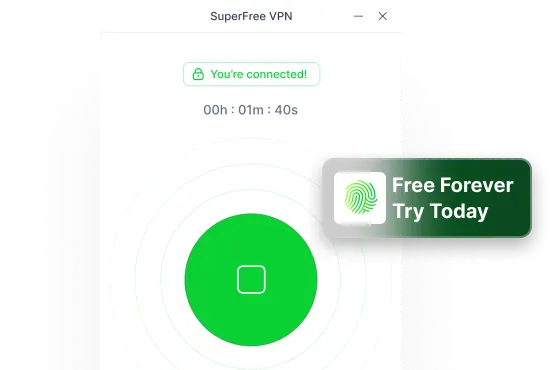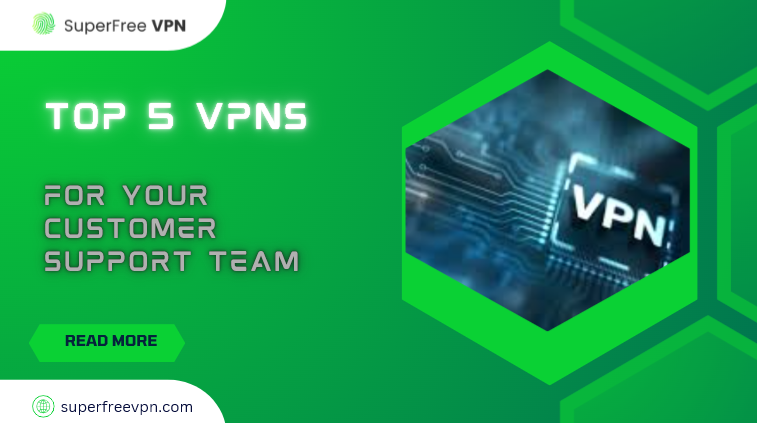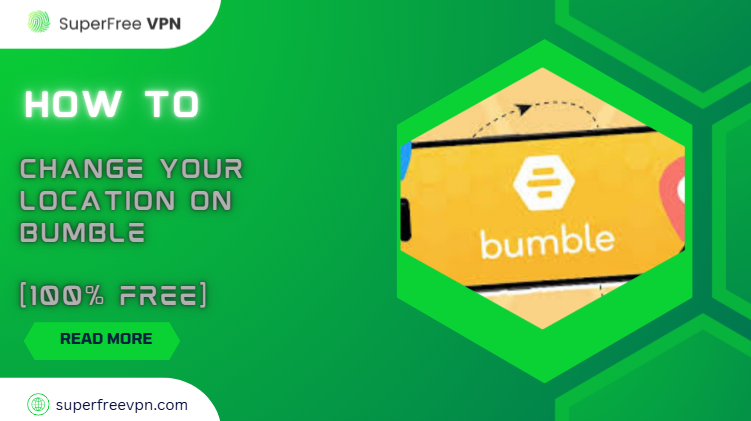For online privacy and data security, there are two popular options users mostly choose from:
1. VPN tools
2. Smart DNS
Both have similar goals to an extent: safeguarding your data and helping you access geo-blocked websites.
So, if you are unable to decide whether to download a VPN or a Smart DNS service, you are not alone!
Just stick with me, as I will break down the VPN vs Smart DNS differences in simple words. Also, I will introduce a free VPN tool that performs better than all others.
Let’s settle this debate – once and for all!
What is a VPN [And is it Safe to Use]?
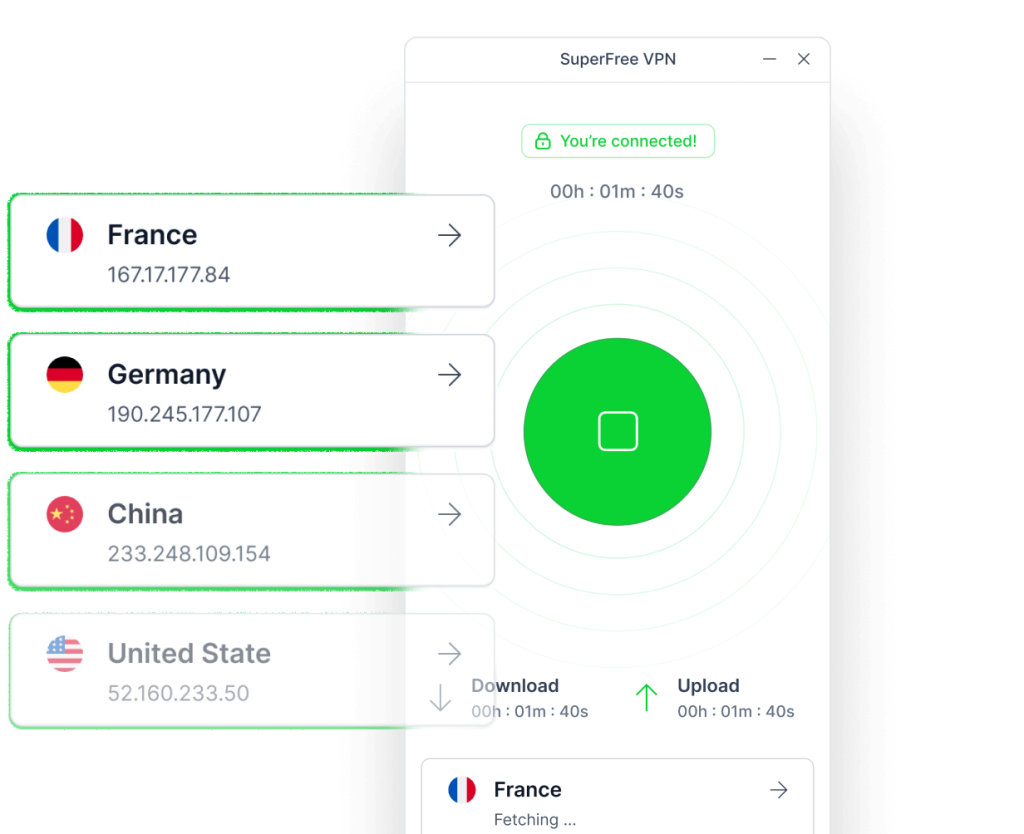
Let’s start with the working of a VPN first.
Virtual Private Networks – commonly known as VPNs – are third-party tools that you can install on your device (smartphones, laptops, PCs, tablets, etc).
Their most important function? VPNs encrypt your data, and redirect the web traffic to a secure server – this way, your personal data remains protected and private.
Another reason why VPNs are so popular is that they help you change your IP address.
Think of your IP address as your digital address. Once you connect to a VPN server, websites and apps believe you’re browsing from the country you selected, not where you actually are!
Examples of Top VPN tools
Here are some of the popular VPNs available online
- SuperFree VPN [100% free]
- Express VPN
- Nord VPN
- Surfshark VPN
What Makes VPNs Popular?
Virtual Private Tools offer many advantages, including:
- Protecting your sensitive data
- Making you anonymous online
- Reducing chances of hotspot throttling
- Improving internet speed
- Helping you avoid location-based restrictions
- Disallowing your Internet Service Provider (ISP) from tracking your browsing activity
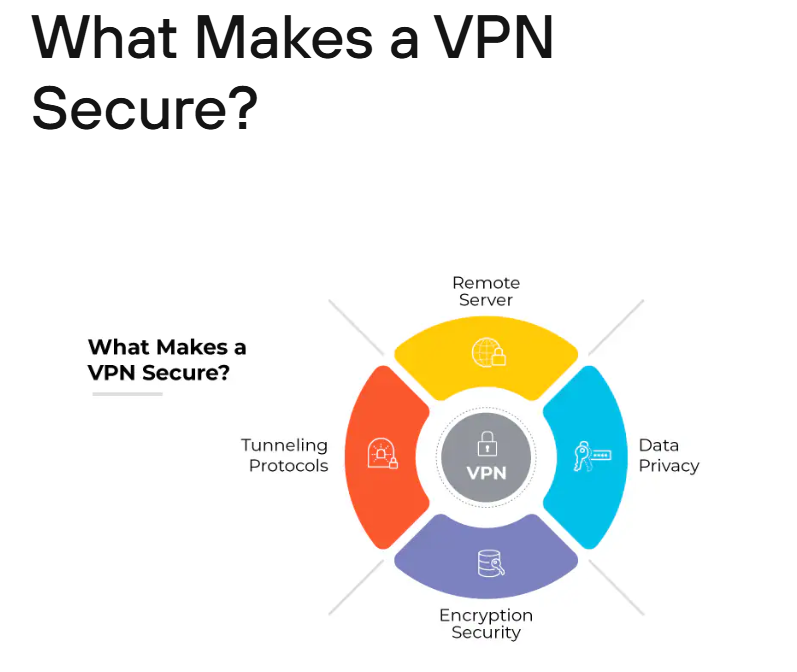
Is it Legal to Use a VPN?
Absolutely Yes! There’s nothing illegal about using a VPN – SuperFree VPN included.
Except for a few countries like North Korea, China, Russia, etc, downloading and using a VPN – to bypass restrictions or protect your identity – is 100% legal!
A study shows that the number of global VPN users is more than 1.5 billion – staggering, isn’t it?
However, I always recommend a reliable and secure tool like SuperFree VPN to avoid any data privacy concerns.
Long story short: VPNs are legal in most countries – just make sure the VPN you pick actually can provide data security and bypass geo-restrictions.
What is a Smart DNS?
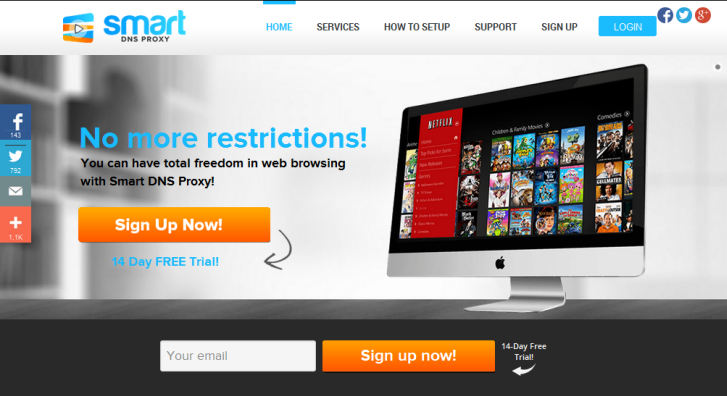
When it comes to bypassing geo-restrictions, Smart DNS is another great option.
Just like a VPN, it helps you access geo-blocked platforms … but here’s the key difference: Smart DNS doesn’t encrypt your data.
That means your online activity stays fast, but your sensitive information isn’t protected the way it would be with a VPN.
So, what does this mean for you? If your main goal is to unblock geo-blocked streaming platforms without slowing down your speed, Smart DNS is a great choice.
But forget about encryption and security – don’t be surprised if a third party ends up getting hold of your sensitive data.
Why You Should Choose a Smart DNS Server
Smart DNS is popular among those looking to bypass geo-restrictions, because it:
- Doesn’t require any software installation
- Helps you unblock region-locked websites/streaming platforms
- Maintains fast speeds (since it doesn’t use encryption)
Is Smart DNS the Same as DNS? [Spoiler Alert: Nope!]
While both sound similar, DNS and Smart DNS perform different functions. Here’s how both differ from each other:
Simple DNS: It translates domain names into IP addresses (so your device knows where to connect). This has nothing to do with avoiding geo-blocking or data security.
Smart DNS: It connects to an alternative DNS server to help you bypass geo-restrictions and unblock streaming platforms.
VPN vs Smart DNS: Detailed Comparison [Who is the Winner?]
At this point know exactly how a VPN tool and Smart DNS Server work.
But some key questions are still unanswered: How do they differ from each other? Which one is the ideal solution for you?
Don’t worry – just keep on reading and you will find a comprehensive comparison of both in the following table:
| Feature | VPN | Smart DNS | Winner |
|---|---|---|---|
| Data Security | Guarantee data security by encryption | Data transmitted is not encrypted | VPN |
| Security on Public WiFi | Keeps your private data protected on public Wi-Fi | Offers no protection on public Wi-Fi | VPN |
| Privacy Protection | High level of privacy. You remain almost 100% anonymous | Your identity is not hidden | VPN |
| Speed | Slightly slower because of the encryption involved | Very fast speed, especially for online streaming | Smart DNS |
| Cost | Paid VPNs are more expensive. (Unless you choose a free tool like SuperFree VPN!) | Less expensive than VPNs | Smart DNS |
| Online Streaming | Might not be able to unblock all services | Ideal for bypassing restrictions and online streaming | Smart DNS |
| Level of Complexity | Very easy to install and connect to any server | Requires manual DNS changes. Some tech knowledge needed | VPN |
| Hiding your IP Address | Hides your actual IP address | Your public IP address remains visible – you can be traced | VPN |
| Device Compatability | Works on all major devices with a simple app | Requires manual setup on each device (or router-level configurations) | VPN |
Summary of this Table:
If you are still not convinced which approach is better for you, let me summarize the whole discussion here:
- Download a VPN if you want strong data security, privacy, and complete online protection.
- Choose Smart DNS if your main goal is to bypass geo-restrictions and stream content quickly without affecting your internet speed.
Final Thoughts
If you are unsure whether to choose a VPN or Smart DNS, I recommend a tool that can save both time and money.
SuperFree VPN is regarded as the best VPN tool for ensuring online security and data privacy.
The best part? It is 100% free – from downloading to server connection, it won’t cost you anything!
Download this tool today, and browse the internet securely – you will not regret this decision!

